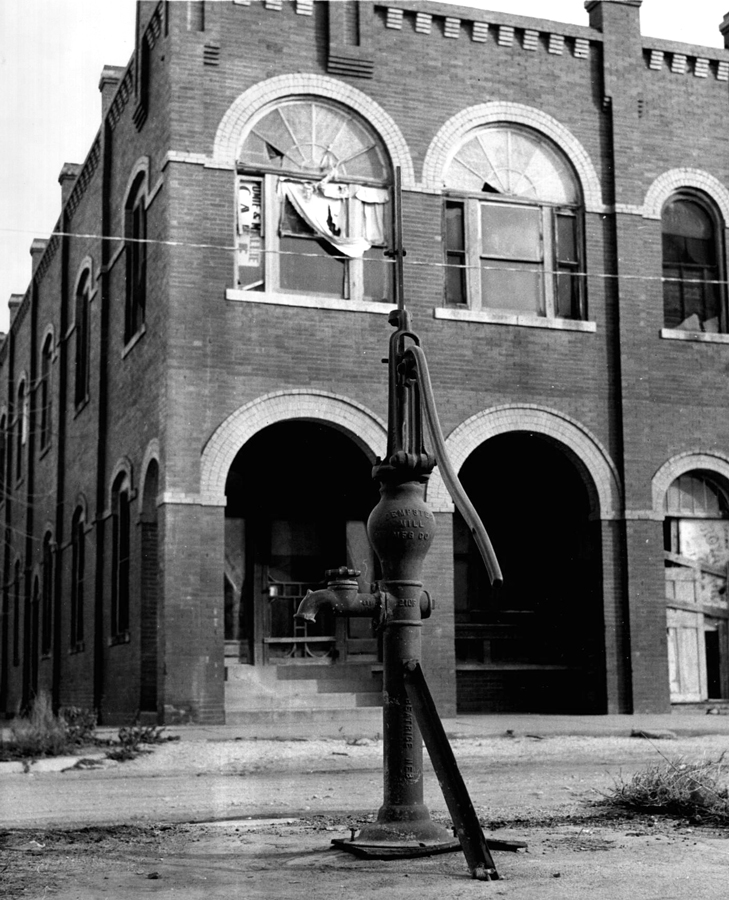MANCHESTER.
Located in northwestern Grant County, Manchester is bounded on the north by the Kansas-Oklahoma border and is situated on State Highway 132. Historian George Shirk asserts that the town was named for Manchester, England, while Charles Gould claims it refers to a former hometown in the East. Manchester is approximately twenty-one miles northwest of the county seat of Medford. The area was opened to non-Indian settlers during the Cherokee Outlet Opening on September 16, 1893. Kansas newspaper publisher J. Mason Simmons set up a press in a tent on that day and started printing the Manchester Journal newspaper. Begun in 1893 the newspaper sporadically served the community until February 1, 1951. A post office was established on January 25, 1897. In 1897 the Hutchison and Southern Railroad (later the Atchison, Topeka and Santa Fe Railway) built a line from southern Kansas to Wakita that passed through Manchester. In 1900 Manchester had a population of 158.
By 1909 Manchester citizens supported four churches (Catholic, Christian, Congregational, and Methodist), the Citizens State Bank, and an opera house. A veterinary surgeon, a livery and feed barn, two blacksmiths, and three grain elevators served local farmers. In the 1930s the town boasted two hotels, two restaurants, two elevators, and three grocery stores. During the 1940s and 1950s the Manchester Telephone Company, the State Line Grain Company, a hardware and implement store, and several grocery stores and gasoline stations accommodated the community. By 1955 the Manchester Manufacturing Company was producing combines (harvesting equipment).
At 1907 statehood Manchester had 249 inhabitants. The numbers remained steady with 271 reported in 1910 and 269 counted in 1940. After World War II, residents moved away. In 1950 the population had declined to 190. The 1960 and 1970 censuses indicated 162 and 165, respectively. Due to dwindling population the high school closed in 1962, and the elementary school ceased to exist in 1973. Students then attended Wakita schools. At the turn of the twenty-first century Manchester had 104 citizens, of which 15.1 percent reported German ancestry. Of those employed, 96.6 percent commuted to work in Medford and Enid. The 2010 census reported a population of 103, and the April 2020 census recorded 89.
See Also
Learn More
"Manchester," Vertical File, Research Division, Oklahoma Historical Society, Oklahoma City.
Profiles of America, Vol. 2 (2d ed.; Millerton, N.Y.: Grey House Publishing, 2003).
Guy P. Webb, History of Grant County, Oklahoma, 1811–1970 ([North Newton, Kans.]: Grant County Historical Society, 1971).
Citation
The following (as per The Chicago Manual of Style, 17th edition) is the preferred citation for articles:
Linda D. Wilson, “Manchester,” The Encyclopedia of Oklahoma History and Culture, https://www.okhistory.org/publications/enc/entry?entry=MA009.
Published January 15, 2010
Last updated March 25, 2024
© Oklahoma Historical Society


